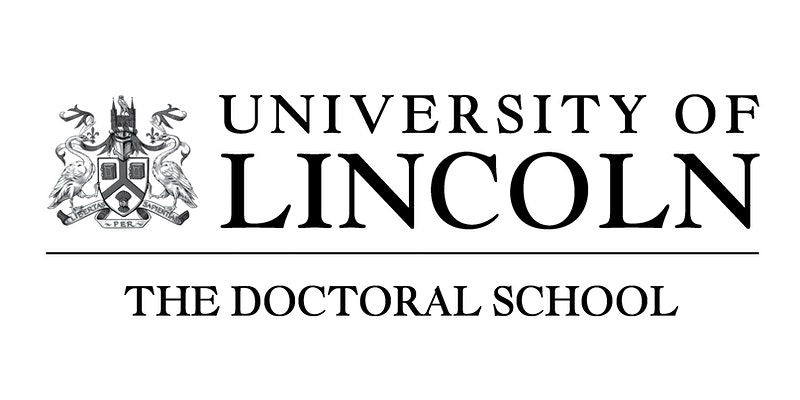
Postgraduate Research Groups
The Doctoral School supports postgraduate lead research groups providing students with the opportunity to discuss their research, engage in current areas of academic interest and gain a fresh perspective on their work from other group members. All of the doctoral research groups are made up of postgraduate students from a variety of disciplines and welcome new members.
If you are interested in getting involved in any of our research groups, please contact: doctoralschool@lincoln.ac.uk.

Applied Animal Behaviour
Applied Animal Behaviour (AAB) is a collection of Postgraduate Research students from a range of disciplines including veterinary science, animal cognition, comparative psychology, forensic psychology and CAB who meet monthly to discuss and review research publication and recent development in Clinical Animal Behaviour. The group covers topics such as behavioural and welfare problems, human-animal interactions, and veterinary behavioural medicine.

LINCS Research Group
The main purpose of LINCS Research Group is to serve as a new platform for networking, development of research skills and cross-disciplinary research exchange. This will be achieved by organising workshops and activities around topics that are of interest to all postgraduate researchers. Ultimately, we hope that LINCS Research Group will serve as a space where PGR students can network and showcase their research projects and receive feedback from peers. The LINCS research group is currently seeking members.

Interested in setting up a group?
We are looking to support new research groups that will produce measurable outputs and serve as communities for interdisciplinary exchange and debate. We can offer funding, administrative support, event management assistance (room bookings, venue hire, etc.) to help promote research collaboration. Additionally, Postgraduate Research Groups can now subscribe to be a Research Society through the Student’s Union to gain further opportunities for funding.
Research Group Requirements:
- Minimum of 6 members (with at least 4 PGRs)
- Must be interdiscplinary in some aspect
- The group should meet on a regular basis
- An annual report should be provided reviewing activity and spending
